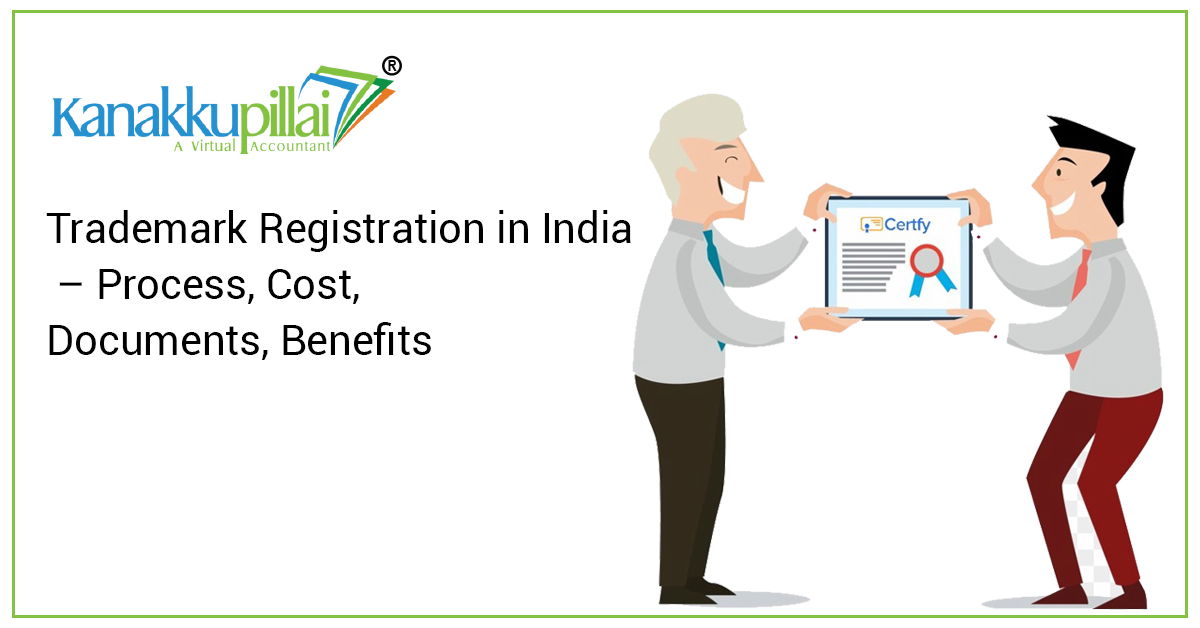Success in today’s very competitive business world depends on a strong and unique company personality. Registering a Trademark is among the best methods for protecting your brand. The Trademarks Act of 1999 controls trademark filing and security in India, therefore allowing companies to protect their intellectual property and build brand value.
Types of Trademarks
Trademarks can take different forms, including business marks, group marks, approval marks, and irrevocable marks. Service logos recognize and define the services given by a business, while joint marks reflect the membership of a club or group. Certification marks show that a product or service meets certain standards, and unrestricted marks are those that do not fall into any of the other groups.
Documents Required for Trademark Registration
The key papers needed for brand filing in India are:
- Copy of the property image (optional)
- Signed Form-48 allowing a trademark attorney
- Identity and address proof of the application (person, owner, or signature)
- Incorporation certificate or partnership document for companies and LLPs
- Udyog Aadhar registration proof for small businesses and startups.
The exact papers depend on the type of application but usually include proof of name, organization, and permission. Startups and small businesses need some extra things like the Udyog Aadhar license.
Eligibility Requirements for Trademark Registration
To be approved for trademark registration in India, the mark must be unique and not too close to present trademarks. It should also avoid any rude or confusing elements that could lead to customer confusion. The Registrar of Trademarks carefully studies each application to ensure agreement with the relevant laws and regulations.
Process of Trademark Registration in India
Trademark registration in India consists of many important stages:
- The first stage in a trademark search is to make sure the intended trademark is original and does not clash with any registered or pending trademarks.
- There are 45 distinct classifications for products and services used in trademarks. Candidates have to choose the suitable class(es) for their company operations.
- Application Filling and Registration of Brand Name: Trademark applications can be made online or directly with the Trademark Registry. Upon acceptance, the candidate can use the Trademark™ sign to show the registered state of the brand name.
- Brand Publication in Indian Trade Mark Journals: Following approval of the trademark, it is published in the Indian Trade Mark Journal starting a 90–120 day opposition period. Should no resistance be generated, the Registrar generates the trademark registration certificate.
- The successful completion of the registration procedure is shown by the Registrar’s acceptance and issuing of the trademark registration certificate along with the Trademark Registry seal.
Cost of Trademark Registration in India
The kind of trademark and the number of classes sought to affect the cost of trademark registration in India. The whole cost has to be considered including government costs as well as any professional fees paid by service providers or trademark lawyers. Budgeting for these costs helps to guarantee a seamless and effective registration experience.
Benefits of Trademark Registration
Registering your name in India offers several key benefits:
- By way of trademark filing, you have exclusive rights to use the mark, therefore banning illegal use by others.
- A registered brand suggests the quality and legality of your goods or services, therefore helping customers build trust and understanding.
- A unique trademark helps you to set your goods and services apart from rivals, therefore improving the knowledge and recall of your brand.
- Your recognized brand helps customers quickly determine the quality of your items or services.
- A registered brand is a useful intellectual property item that one may use for company growth and expansion.
Conclusion
In conclusion, trademark filing in India is a critical step for companies seeking to defend their brand name and build a strong, clear function within the market. By understanding the procedure, expenses, and advantages of trademark registration, you may take the important steps to guard your intellectual property and position your business for long-term success.





